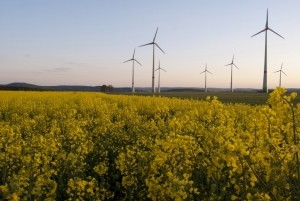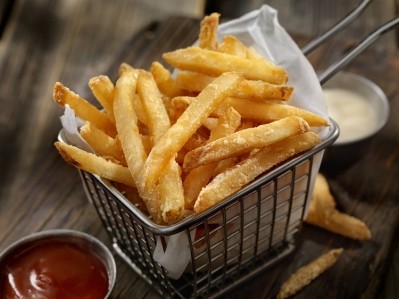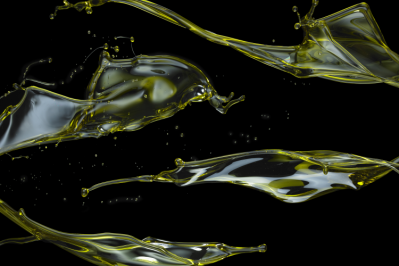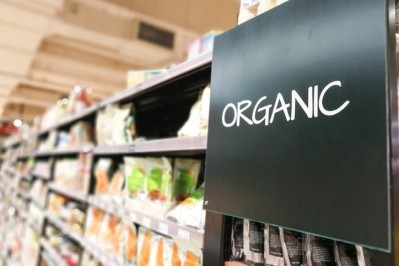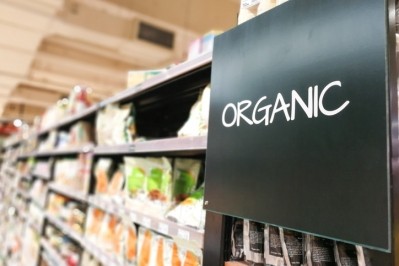Bunge Loders Croklaan eyes fats and oils: ‘There is a lack of reliable organic supply’

Bunge Loders Croklaan is growing its organic portfolio with what it describes as a ‘stead and scalable’ supply of organic-certified fats and oils, ranging from sunflower, rapeseed and soy to palm shea and coconut.
The move lifts a ‘common barrier’ hindering companies from moving toward organic status: the difficulty of finding a reliable organic oils supplier.
“Securing organic oils and fats supplies is a challenge for food manufacturers because there is a lack of reliable organic supply and there are more supply risks with regards to compliance to organic standards compared to conventional oils and fats,” Feike Swennenhuis, Marketing Director Europe, told FoodNavigator.
Organic opportunity: ‘This movement is going to change the landscape’
Europe is the second-largest single market for organic food globally, behind only the USA. According to data from the Research Institute of Organic Agriculture (FiBL), European organic retail sales nearly reached €41bn in 2018, which is about 42% of global organic sales. Between 2014 and 2018, European organic retail sales registered an average annual increase of 12%. This comes in ahead of the food industry's overall growth rate, meaning organic products are gaining share of wallet.
Swennenhuis said that Bunge Loders Croklaan believes the European organic sector has a bright long-term future because it aligns with the region’s policy direction.
“Many leading brands are eager to move forward to meet growing consumer demand for organic products and the European Union has set clear targets for organic farming. This movement is clearly going to change the landscape, and we want to be part of this movement in an early stage.”
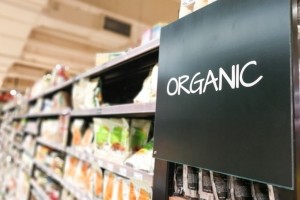
The European Commission’s ‘Farm to Fork’ strategy has set out the bloc’s ambition to move towards a healthier and more sustainable food system, including a target for 25% of total farmland to be dedicated to organic agriculture by 2030.
Organic products also resonate with key consumer trends around health, sustainability and transparency, added Marcel Henneman, Director of Product Management EMEA. “Food companies increasingly view organic as an expression of transparency and being closer to nature — messages that strongly resonate among the growing community of conscious consumers,” he noted.
Positive category headwinds are driving innovation in organic. According to Mintel, last year globally one in eight food launches was organic. In Europe, this figure rose to one in five products.
Unplugging the fats and oils bottleneck
Bunge Loders Croklaan suggests that an under-supply of organic fats and oils could prove something of a bottleneck for organic innovation.
“Oils and fats are significant ingredients used in many food and non-food products. Because of the broad portfolio and wide application range of oils and fats, providing the necessary scale and added value is a greater challenge than with smaller or less complex ingredients,” elaborated Swennenhuis.
“There is still a lot of development to be done to create more organic oil and fats through added value processing capabilities. There’s a limited number of oils and fats suppliers that can meet the needs of product development and design needs for food manufacturers.”
Bunge Loders Croklaan is therefore broadening its network of organic farmers to secure organic supply.
“We are at the beginning of our journey and supply chains are being built. In order to secure organic certifications, we need to separate our organic supply chain from conventional oils and fats. This brings some complexity, but when scaling up we will continuously focus more of our resources and capabilities to build this organic ecosystem,” Swennenhuis told us.
And it isn’t just a matter of securing supply lines; production processes also must also adhere to organic requirements.
“To achieve an organic label status, food manufacturers are required not only to ensure the ingredients in their products are sourced organically, but also that the manufacturing processes employed are certified organic,” explained Henneman.
As Bunge Loders Croklaan continues on its organic journey, the company will continue to extend its organic offering and innovation capabilities, Swennenhuis added.
“We [currently] deliver organic quality for both primary lipid sources and more specialty lipids, such as lecithins and fat formulations for infant nutrition, confectionery, bakery, culinary and plant-based. We will continue to extend the options of customized organic solutions to a comprehensive range of food applications.”
